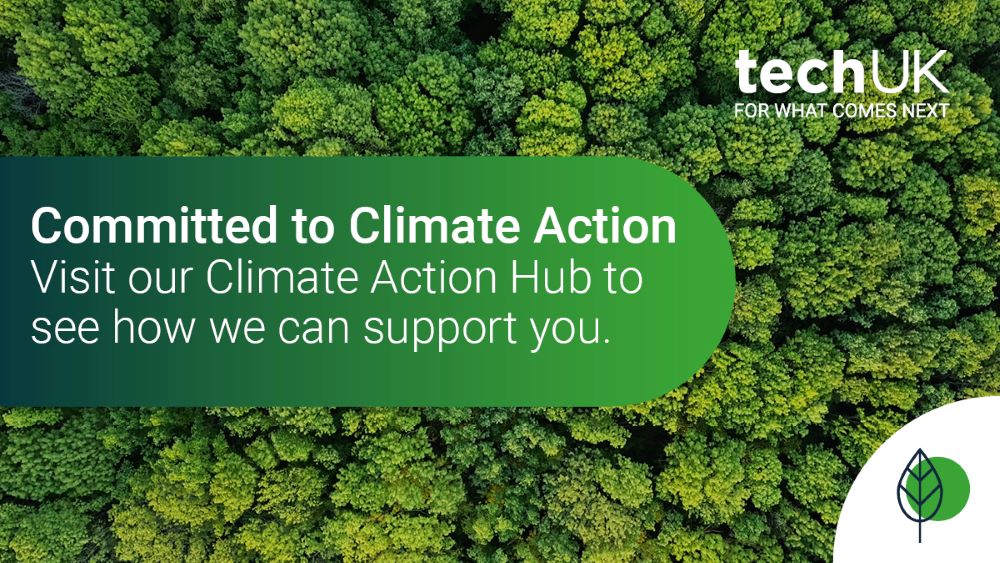Data Centre Deep Dive: Heat Networks - The evolution and future for energy networks and district heating
For the past few years, heat networks are growing in abundance, especially in Europe, as a way of bringing ambient heat from industrial processes to residential and commercial buildings. Data centres being a source of heat, they are increasingly coming into the scope of developers and local authorities for their potential inclusion in heat networks in cities such as London.
Alban Leiper Associate in Integrated Energy (Climate and Sustainability Services) at Arup outlined some of the opportunities for data centre operators, which include lower cooling plant condensing temperatures, potential heat sales revenues and lower carbon offset payments. The challenges in establishing a successful heat network system were also explored, such as power constraints in dense urban areas, the location of the plan as well as the resiliency and security of the cooling supply. Challenges identified by members included the need for strong coordination and the need to know technical aspects in advance for new sites, as well as whether heat pumps may exacerbate power demand in already constrained areas.
It is worth noting, as per the session, that the Energy Security Bill, known as the Energy Bill, was introduced to Parliament on 6 July 2022 to deliver a cleaner, more affordable, and more secure energy system. The Bill introduces a regulatory framework for heat networks and powers to enable heat network zoning in England as these are a crucial part of how the UK will reach its net-zero targets as they are one of the most cost-effective ways of decarbonising heating in built-up areas at a fair price to consumers while supporting local regeneration. In the plans, Ofgem will monitor compliance and will be given powers under the Bill to take enforcement action where heat networks are not meeting the required standards. A public consultation is expected in Autumn 2023.
techUK will be responding on behalf of members, so please get in touch with [email protected]
Please find the slides here and the recording below to find out more.
Speaker: Alban Leiper, PhD, CEng
Associate, Integrated Energy, Arup
Visit our new Data Centres Programme Hub for more insights, events, and to sign up to our newsletter.
techUK – Committed to Climate Action
By 2030, digital technology can cut global emissions by 15%. Cloud computing, 5G, AI and IoT have the potential to support dramatic reductions in carbon emissions in sectors such as transport, agriculture, and manufacturing. techUK is working to foster the right policy framework and leadership so we can all play our part. For more information on how techUK can support you, please visit our Climate Action Hub and click ‘contact us’.

Data Centres updates
Sign-up to get the latest updates and opportunities from our Data Centres programme.



